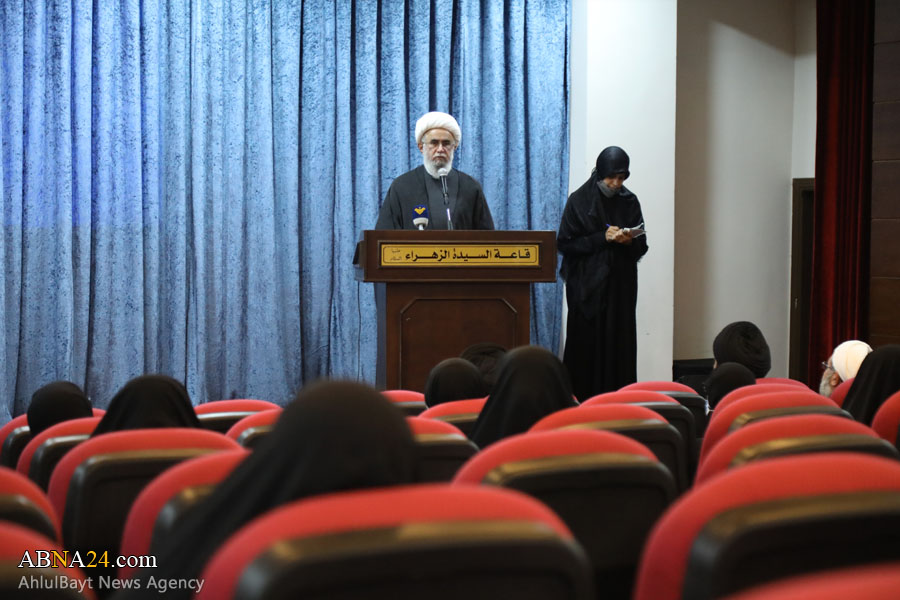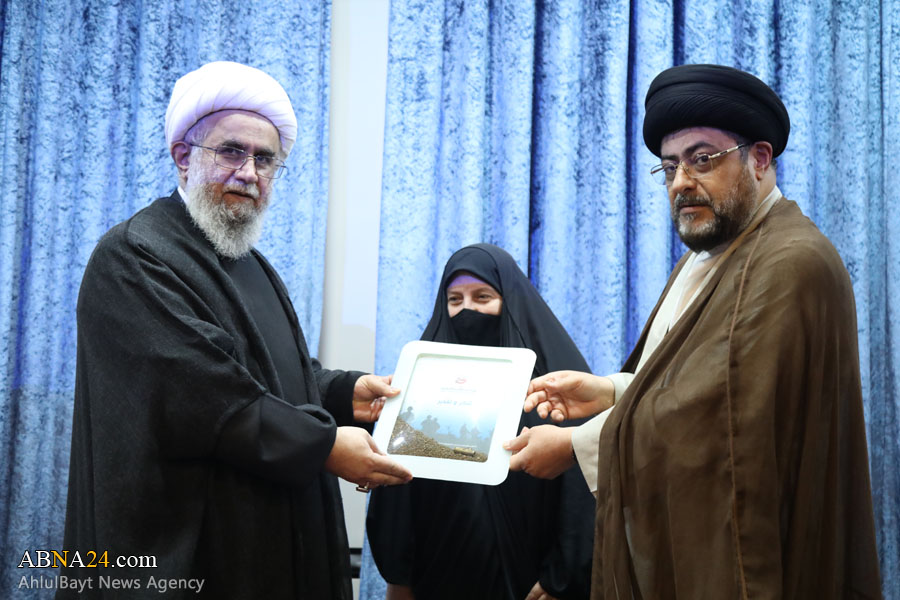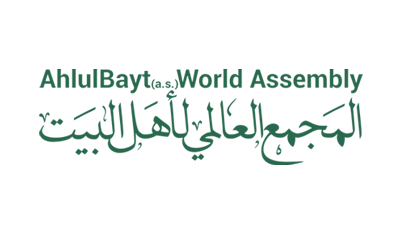Holy Prophet (p.b.u.h) most active person in defending women’s rights: Ayatollah Ramazani
The Secretary-General of the AhlulBayt (a.s.) World Assembly said, “It is noteworthy that the divine prophets took great care to defend women’s rights, and in particular the Prophet Muhammad (p.b.u.h) was the most active person in defending women’s rights.”
During her visit to Lebanon, Ayatollah Reza Ramazani, Secretary-General of the AhlulBayt (a.s.) World Assembly, participated in the gathering of members of the Women’s Social Solidarity Association chaired by Ms. Efaf Hakim.

In a speech to the members of this association, the Secretary-General of the AhlulBayt (a.s.) World Assembly said, “The West is trying to reduce the role of women in society. Throughout history, women have been neglected. For example, in the Jahiliyyah era (pre-Islamic era), the view of productivity, colonialism and exploitation towards women was dominant.”
“In the Holy Quran, there are about 300 verses about women. Also, some surahs are named after women, like Lady Maryam. In all the verses that pay attention to the position of the perfect man, no distinction is made between men and women. In all Quranic addresses, including addresses to women and addresses to men, there is no difference between men and women. Everywhere in the Quran, the phrase “يا أَيُّهَا الَّذينَ آمَنُوا” (O you who believe) is mentioned, it means all men and women who have believed. In this Quranic phrase, there is no difference between men and women. In some Quranic verses, women are introduced as role models. Like Pharaoh’s wife who, despite being surrounded by polytheism and infidelity, reached the position of closeness to God. Three women have played a role in training divine prophets. Like the mother and sister of Prophet Moses (a.s.) and the wife of Pharaoh,” he continued.

“It is noteworthy that the divine prophets took great care to defend women’s rights, and in particular the Prophet Muhammad (p.b.u.h) was the most active person in defending women’s rights,” Ayatollah Ramazani concluded.
The Secretary-General of the AhlulBayt (a.s.) World Assembly said, “It is noteworthy that the divine prophets took great care to defend women’s rights, and in particular the Prophet Muhammad (p.b.u.h) was the most active person in defending women’s rights.”
During her visit to Lebanon, Ayatollah Reza Ramazani, Secretary-General of the AhlulBayt (a.s.) World Assembly, participated in the gathering of members of the Women’s Social Solidarity Association chaired by Ms. Efaf Hakim.

In a speech to the members of this association, the Secretary-General of the AhlulBayt (a.s.) World Assembly said, “The West is trying to reduce the role of women in society. Throughout history, women have been neglected. For example, in the Jahiliyyah era (pre-Islamic era), the view of productivity, colonialism and exploitation towards women was dominant.”
“In the Holy Quran, there are about 300 verses about women. Also, some surahs are named after women, like Lady Maryam. In all the verses that pay attention to the position of the perfect man, no distinction is made between men and women. In all Quranic addresses, including addresses to women and addresses to men, there is no difference between men and women. Everywhere in the Quran, the phrase “يا أَيُّهَا الَّذينَ آمَنُوا” (O you who believe) is mentioned, it means all men and women who have believed. In this Quranic phrase, there is no difference between men and women. In some Quranic verses, women are introduced as role models. Like Pharaoh’s wife who, despite being surrounded by polytheism and infidelity, reached the position of closeness to God. Three women have played a role in training divine prophets. Like the mother and sister of Prophet Moses (a.s.) and the wife of Pharaoh,” he continued.

“It is noteworthy that the divine prophets took great care to defend women’s rights, and in particular the Prophet Muhammad (p.b.u.h) was the most active person in defending women’s rights,” Ayatollah Ramazani concluded.





